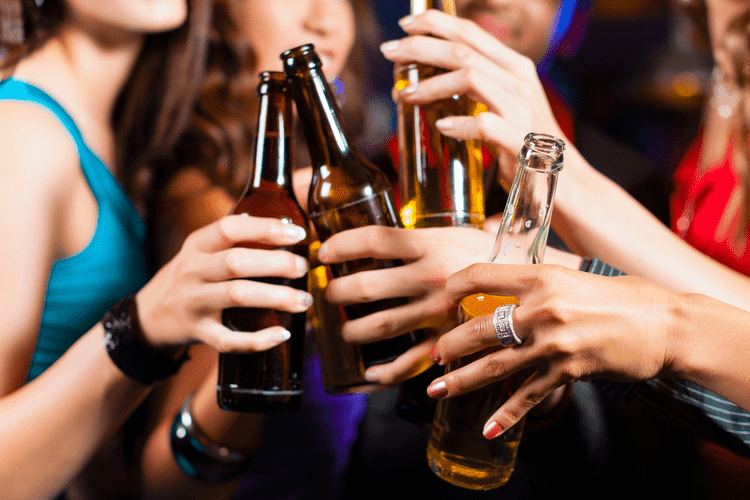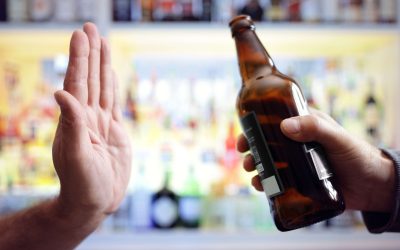People with NPD tend to have difficulty receiving criticism from others, and as such, they might find it difficult to commit to psychotherapy and lifestyle changes. In both NPD and AUD, childhood trauma — including abuse and neglect — may be a risk factor. Further research into the causes of AUD might https://kultyres.ru/uchebnie_materiali/%d1%81%d1%82%d1%83%d0%b4%d0%b5%d0%bd%d1%87%d0%b5%d1%81%d0%ba%d0%b8%d0%b5-%d1%80%d0%b0%d0%b1%d0%be%d1%82%d1%8b/referat-u-s-culture.html help experts develop more treatment options. If you think that you or a loved one has NPD or AUD, knowing the symptoms can help you better understand both conditions. It’s worth noting that the DSM-5-TR doesn’t use the term “alcoholism,” but the term is still used colloquially to refer to AUD.
Dual diagnosis
Break free from prescription drug addiction and discover the path to recovery. Achieve addiction recovery milestones and celebrate progress in your journey. MentalHealth.com is a health technology company guiding people towards self-understanding https://www.zdorovih.net/modules.php?name=News&file=view&news_id=23 and connection. For information about the terms governing the use of our website and how we handle data, please refer to our Terms of Use and Privacy Policy. The platform offers reliable resources, accessible services, and nurturing communities.
Narcissism and social media addiction
- Take our short alcohol quiz to learn where you fall on the drinking spectrum and if you might benefit from quitting or cutting back on alcohol.
- They may apologize profusely at that point, hoping that you will still foot the bill for the meal.
- Alcoholism refers to a chronic disorder characterized by an inability to control or stop drinking despite negative consequences.
- Narcissists may turn to alcohol as a means of self-medication or as a way to enhance their self-esteem.
- Along with emotionally or physically neglecting their loved ones, they sometimes commit physical abuse.
- 2Entitlement rage was considered a facet of grandiosity or vulnerability in different studies [see Ref. (29)].
Alcohol has the ability to alter an individual’s personality and behavior. It can impair judgment, lower inhibitions, and lead to a sense of grandiosity and entitlement. These effects can contribute to the manifestation of narcissistic behaviors in individuals who https://www.balakovo.ru/board.php?site_id=3&set=2&group=14 may already possess narcissistic traits. Individuals and families affected by NPD and AUD benefit from attending family therapy and support groups. Some studies have shown people diagnosed with NPD respond more positively to therapeutic and social interventions.

Narcissism and Alcoholism: Exploring the Relationship

In this section, we will explore the toxic dynamics involved in relationships with alcoholic narcissists and the development of codependency and enabling behavior. When exploring the connection between alcoholism and narcissism, it is crucial to understand the cyclical relationship that exists between these two conditions. Alcoholism can serve as a coping mechanism for individuals struggling with underlying narcissistic tendencies, and at the same time, alcohol can reinforce and exacerbate narcissistic behavior. Narcissism, on the other hand, is a personality disorder characterized by a pervasive pattern of grandiosity, a need for admiration, and a lack of empathy. Individuals with narcissistic traits often display an exaggerated sense of self-importance, an obsession with their own achievements, and a tendency to exploit others for personal gain. While narcissistic personality disorder is a distinct diagnosis, individuals can exhibit narcissistic traits without meeting the full criteria for the disorder.

If someone you know has alcoholic narcissist symptoms, don’t neglect your own needs. Being close with an alcoholic narcissist can be emotionally draining, and it’s crucial to take care of yourself. Research suggests that narcissism is not caused by alcohol, but rather by other factors that occur during the early developmental period. For instance, research has shown that genetic predispositions can place a person at risk of NPD. Childhood rejection or experiences like child abuse and neglect are also linked to NPD [2]. Just as narcissism doesn’t necessarily cause alcohol use disorder, alcoholism doesn’t necessarily cause NPD.
- For narcissists, manipulation is a way to use someone to get the reactions or attention they desire.
- When dealing with the complex relationship between narcissism and alcoholism, seeking help and support is crucial for individuals who are impacted by these conditions.
- People with AUD, also known as alcoholism, can display patterns of narcissism, including self-absorption and an underlying craving for admiration.
- While narcissistic traits can cause problems in relationships and other areas of life, they do not necessarily indicate a larger mental health issue.
- However, seeking help and support from qualified professionals can be transformative in breaking free from this cycle and promoting recovery and well-being.
